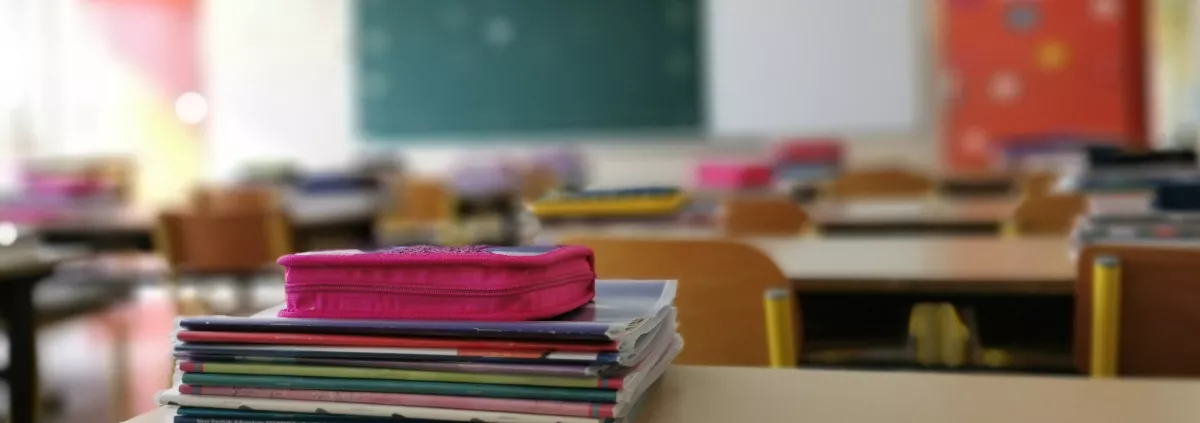The Covid-19 crisis has strongly affected education sector globally. How did Montenegro manage to successfully pilot the Selfie WBL at a time when life was severely impacted by the coronavirus pandemic?
What were the biggest challenges that the schools face, how did they overcome them, what was successful, and were there any unsolvable problems? To what extent the crisis affected the results of SELFIE WBL testing in Montenegro? What was the surprising positive effect of the crisis on the SELFIE?
Montenegro participated in the piloting of SELFIE for work-based learning, an extended version of the SELFIE tool in October/November 2020, along with Georgia, Serbia and Turkey, and four EU member countries, France, Germany, Hungary, and Poland. Piloting will support further improvement of the tool before its launching in 2021.
As the country that successfully piloted the basic version of the SELFIE instrument in 2019, which was then followed by implementation of SELFIE survey in all the primary and secondary schools in the country in February 2020, and finally by including SELFIE in the Action plan for the implementation of the Strategy of development of VET education for 2020-2024, Montenegro was appropriate candidate for testing the SELFIE WBL.
The specificity of SELFIE WBL is reflected in the introduction into the process of another key actor in WBL, in-company trainer. As in the planning phase it was necessary to select the economy sector that will participate in the piloting, the Ministry of Education focused on Tourism and hospitality, considering the structure and specific characteristics of the Montenegrin economy, as well as the strategic orientation for future development of VET education. Sampling of VET schools and related companies has been conducted in close communication of the national stakeholders and resulted with selection of 12 schools and 30 related companies for the piloting.
The Covid-19 crisis has affected Montenegro heavily in all spheres of economy and social life. The second wave of coronavirus hit Montenegro in the second half of September, with a sharp increase in the number of active cases during October.
Due to the Covid19 crisis, beginning of new school year in Montenegro was postponed by a month, to 1st of October. Since then, hybrid model has been applied for the teaching/learning process in higher secondary education: First year students of the secondary schools have their lessons in school, Second, third and fourth-year students have online classes, and practical education in VET schools is organised in schools or in the company, depending on the type of WBL.
Taking all the above into consideration, the SELFIE WBL pilot was conducted in very specific and delicate conditions, which implied the need for careful planning, anticipation of potential problems and flexibility in dealing with potential issues. At the beginning of the crisis, it was clear that the tourism and hospitality sector is the most vulnerable category of the Montenegrin economy. This has contributed to a high degree of uncertainty about the disposition and availability of companies to participate in SELFIE WBL piloting. That was the primary reason for engaging higher number of companies in the piloting, so that the eventual withdrawal of some of them would not affect the general success of the process.
In order to prevent communication problems at all stages of piloting, special attention was paid to ensuring unhindered channels for information flow. The fact that the Montenegrin education system has been networked through Office 365 for years has been of great help. Thus, in addition to the "classic" methods of communication (telephone and e-mail), Microsoft Teams was used to communicate with school coordinators.
Analysis showed that SELFIE WBL piloting in Montenegro was significantly influenced by the several factors. The necessity of dealing with a specific health threat at the very beginning of the school year, in the conditions of a completely new way of teaching, has influenced the capacity of some school teams to devote themselves sufficiently to the realization of piloting. Nevertheless, all schools managed to allocate time and human resources needed to finish process as planned. Economic crisis in the sector of tourism and hospitality affected all companies involved in SELFIE WBL piloting and caused closure of some businesses. The most challenging situation arose with the closure of most schools during the piloting, due to the sharp increase in the number of covid-19 cases in the municipalities where the schools are located. In addition, in all these municipalities, all service activities in the tourism and hospitality sector were also closed, which in some cases resulted with withdrawal of representatives of certain companies from participating in piloting.
On the other hand, the covid-19 crisis has indirectly contributed to significantly better efficiency in the implementation of SELFIE WBL in schools and companies. No school raised the issue of dissemination and completion of questionnaires, as well as technical shortcomings that could jeopardize the possibility of successful application of the tool. Seems like the rapid breakthrough in the use of IT technology in schools and society in general over the past few months have greatly affected the ability of all the key players to complete the questionnaire.
So, despite the challenges, the SELFIE WBL pilot has been successfully implemented in Montenegro. All 12 pilot schools participated, which is 29% of all VET schools in Montenegro, and regardless of all the challenges, 20 related companies managed to take part in the SELFIE WBL. Data analysis revealed a high level of satisfaction with the SELFIE WBL tool by all key actors. Despite the undeniable importance of the sincere and full support of national stakeholders, MoE in the first place, pilot schools that have recognized the importance and benefit of SELFIE WBL and found the way to realise the process by facing the challenges, played a key role in the great success the pilot.

Please log in or sign up to comment.